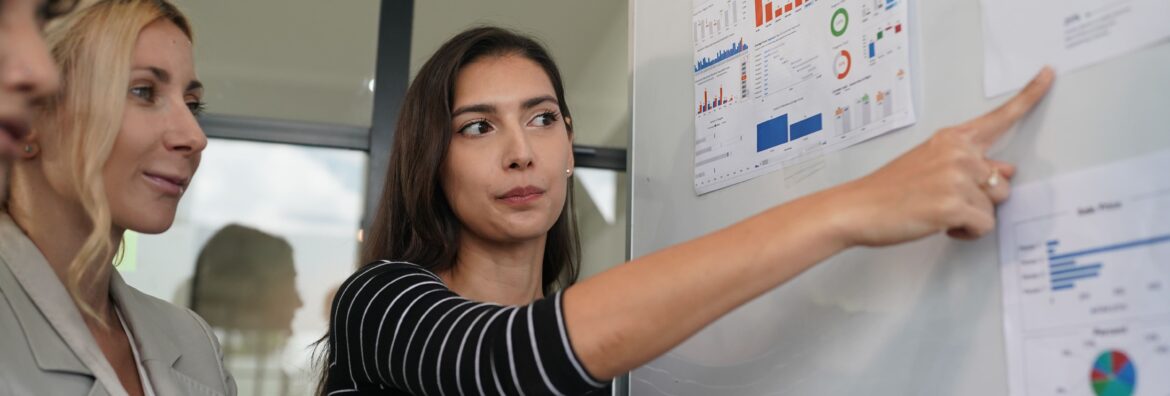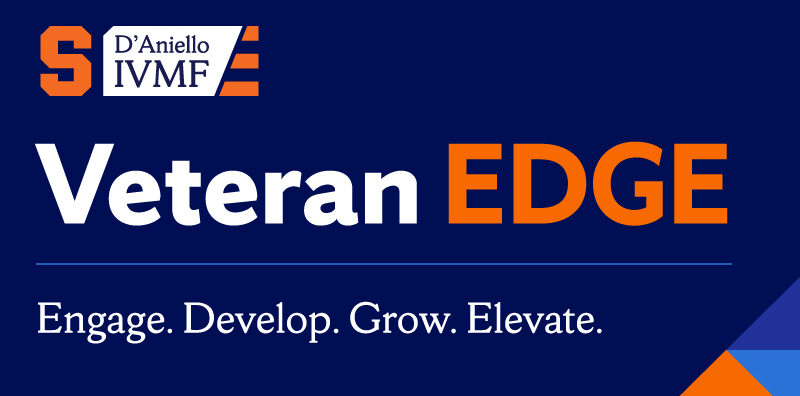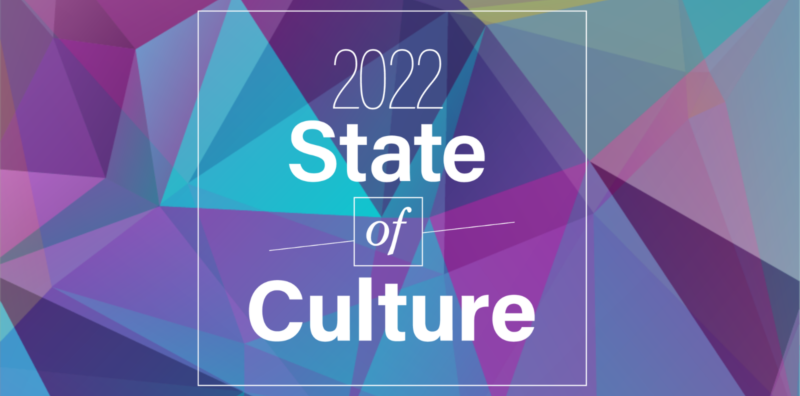Workforce training is evolving quickly, driven by new technologies and a growing desire to personalize learning experiences and provide just-in-time learning to employees with the learning they need at just the right time. In this transformation, adaptive learning consulting has become essential, serving as a key partner for businesses looking to derive the most value from their learning and development budgets. These consultants utilize creative adult learning strategies to design training programs tailored to the specific needs of each organization. Let’s explore the significance of adaptive learning and discover how it can change the way your organization approaches talent development. By adopting these innovative methods, your workforce will be equipped not just with the right tools, but also prepared to support the successful execution of your organizational strategy.
The Evolution of Workforce Development
In the not-so-distant past, workforce training often followed a one-size-fits-all approach — a standard curriculum delivered in a classroom setting or, more recently, via digital platforms without the ability to cater to individual learner needs. This inflexible format was inherently restrictive, failing to fully utilize educational technologies and accommodate the varied learning styles and speeds of employees. Consequently, these methods of delivering learning and development did not maximize the potential return on investment that can be achieved with more individualized delivery that accounts for each individual’s specific needs.
These modern approaches have initiated a transformative shift. Revolutionary technologies, especially those powered by artificial intelligence, have led to the emergence of adaptive learning. This approach customizes the educational journey to suit the individual profile and needs of each learner. The rise of adaptive learning represents more than just an update in educational methods — it signals a fundamental shift in how organizations foster talent development. Let’s take a closer look at this shift towards adaptive learning and its impact on enhancing your workforce’s capabilities.
The Shift to Adaptive Learning: A Change in Employee Development
Understanding Adaptive Learning
Adaptive learning systems use sophisticated algorithms and machine learning to assess each individual learner’s knowledge base, skill set, and preferred learning style, customizing the educational content to fit their needs. This creates a dynamic learning environment that adjusts in real time, ensuring learners are consistently challenged at the right level without feeling overwhelmed.
Benefits of Adaptive Learning
The most obvious benefit of utilizing an adaptive learning approach is the ability to reduce overall training time by eliminating the need for learners to spend time reviewing concepts they are already adept at. That said, the benefits of adaptive learning go well beyond just making training more efficient. By aligning with each employee’s unique learning profile, these systems significantly boost engagement and motivation—key ingredients for effective learning. As employees become more satisfied with their training experiences, they often report better knowledge retention and application skills, which can lead to enhanced business outcomes. Furthermore, the data-rich environment offered by adaptive learning enables precise measurement of training success and identification of areas needing more attention, ensuring that investments in training deliver measurable returns.
Role of Adaptive Learning Consultants
Expert Insight
Adaptive learning consultants serve as guides and architects, charting the course for the integration of adaptive learning into your organization’s training programs. Their expertise lies in understanding the technology and methodologies that underpin adaptive learning and translating these into real-world applications tailored to your unique business needs.
Strategic Advantage
Expert consultants contribute a strategic perspective to the adaptation of learning. By customizing learning paths, they facilitate the development of skills precisely calibrated to your organization’s objectives. They also offer scalability in training solutions, enabling growth and evolution without the need to redesign your educational framework from the ground up. Finally, their solutions enhance retention rates, ensuring that acquired knowledge doesn’t just linger in the short-term memory but becomes a lasting asset to both the individual and the organization.
Implementing Adaptive Learning: Strategies for Success
Choosing the Right Consultant
The efficacy of an adaptive learning program is only as good as the consulting team that designs it. When seeking a partner in adaptive learning consulting, consider their track record – have they successfully developed learning programs for organizations similar to your specific needs? What is their approach to needs analysis, development, and post-deployment support? Do they bring a well-rounded team of learning specialists, technology experts, and data analysts to the table?
Blueprint for Integration
Integration is a key challenge in adopting adaptive learning into your organization’s learning strategy. A strategic approach, created by seasoned advisors, involves several key steps. First, conducting a thorough analysis of training needs across the variety of roles within an organization, leveraging both qualitative and quantitative data. Next, a content library must be developed which aligns to these needs. Next, developing an adaptive learning model, considering how and when the system will adapt to learners’ progress within the operating context of your organization. Finally, deploying the technology, ensuring it’s seamlessly woven into the fabric of existing training programs.
Navigating Challenges
Adopting technology is seldom without its challenges. Resistance to change, budget constraints, and technical issues can all impede progress. However, with the right consultant by your side, your organization can mitigate these risks. Consultants can cultivate buy-in from stakeholders by highlighting the personalized benefits of adaptive learning. They can also provide cost-effective solutions, and their technical expertise ensures a smooth implementation and operation of the system.
The Transformative Potential: Partnering with gothamCulture
gothamCulture’s Adaptive Learning Consulting services stand at the forefront of the industry, offering a holistic approach to personalized learning in organizations in all sectors. We believe in empowering organizations with the tools and strategies required to foster a dynamic, agile, and highly skilled workforce. Our approach to adaptive learning consulting integrates seamlessly with your broader HR and training strategies, ensuring cohesive and effective implementation.
Our consultants are not just experts in the technology required to establish and maintain these processes; they are also skilled at understanding the human element of training. They know that successful learning hinges on the delicate interplay between employee motivation and the system’s ability to adapt. By prioritizing both, we create adaptive learning solutions that are as effective as they are innovative.
We invite you to take the next step in enhancing your workforce’s potential. Contact gothamCulture to learn more about how our Adaptive Learning Consulting services can transform your organization’s learning and development ecosystem. With our partnership, you will not only keep pace with the future of training but will emerge as a leader in cultivating adept, knowledgeable, and engaged employees.








